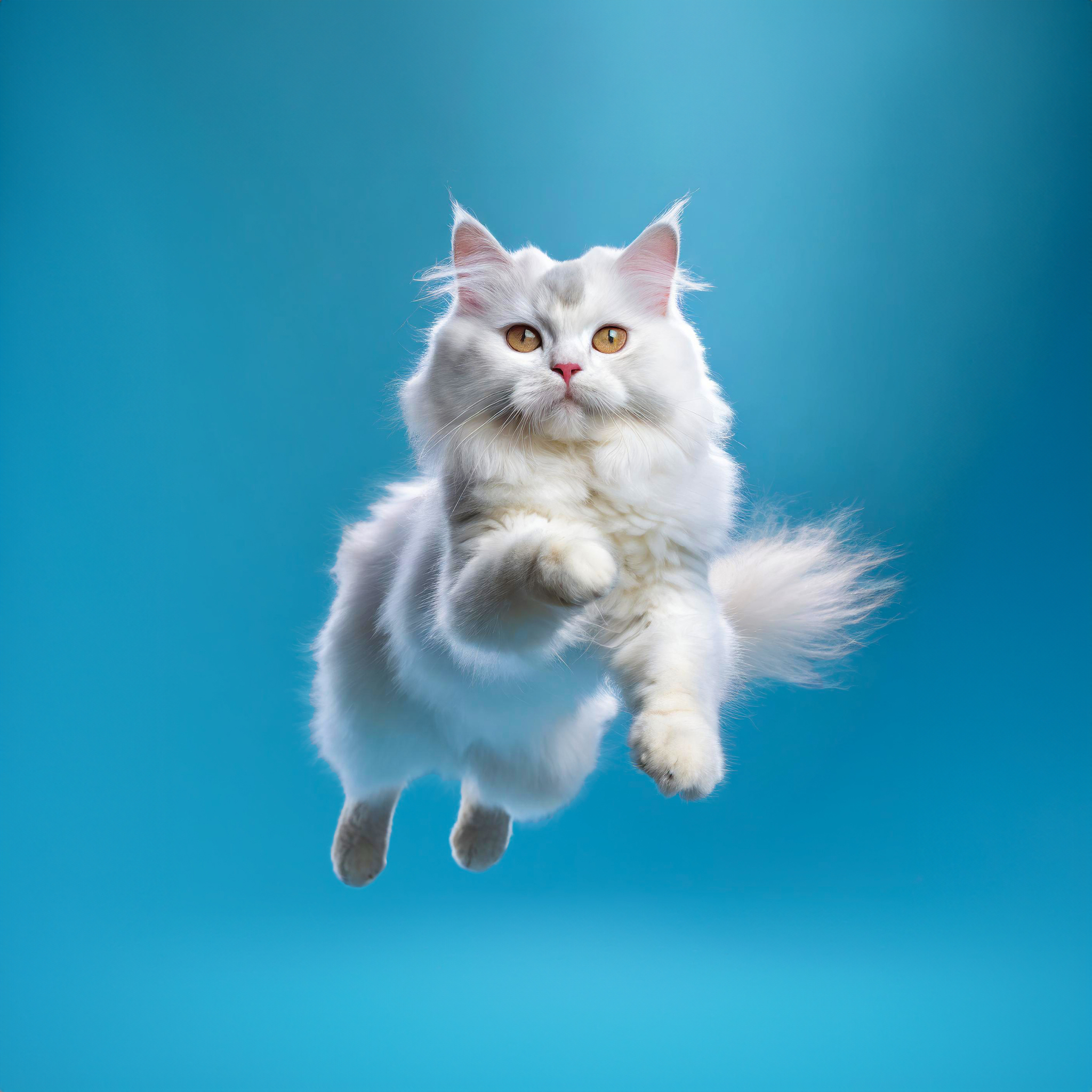Congenital Deafness
Due to a genetic disorder, the Turkish Angora may be born with a hearing problem just like the Scottish Fold, Persian Cat and Ragdoll. The gene responsible for white fur is often associated with a gene for deafness and that’s exactly why congenital deafness is most often seen in Turkish Angoras with white color and blue eyes. While deafness may affect the quality of life of a companion animal, it never negatively affects the personality traits of these important family members.
Turkish Angoras with hearing problems need special care. You can manage the condition and prevent other problems caused by deafness by actively communicating with your veterinarian.
Hypertrophic Cardiomyopathy
Hypertrophic cardiomyopathy is a heart disease characterized by thickening of the walls of the ventricles. Companion animals with hypertrophic cardiomyopathy have chest pain and arrhythmia. Medicines that reduce the heart’s contraction force are often used to treat the disease.
Hypertrophic cardiomyopathy may appear in infancy or adulthood. You will be able to effectively manage the disease by actively communicating with the veterinarian, proper exercise, and avoiding obesity.
Cerebellar Hypoplasia
Cerebellar hypoplasia is a movement disorder caused by brain damage. Disease-induced motor imbalance in companion animals may manifest as involuntary movements. Cerebral hypoplasia is often characterized by more or less retardation of mental development and behavioral disorders. Although brain damage is already evident at birth, it takes time to become apparent. That is why it is recommended that a kitten born as a result of a problematic pregnancy delivery be examined by a veterinarian at an early stage of development.
Kidney Failure
Improper kidney function can lead to the accumulation of toxins in the companion animal’s blood and cause an imbalance in fluid levels. Symptoms associated with this health problem include heartburn, weight loss, increased thirst, and urination.
A diet rich in phosphorus and high-quality protein may be necessary to support kidney function. It is possible to conduct this process only based on cooperation with an experienced nutritionist. Blood tests, frequent veterinary check-ups, and competent companion animal care practices can help manage the disease and adjust the treatment strategy.

